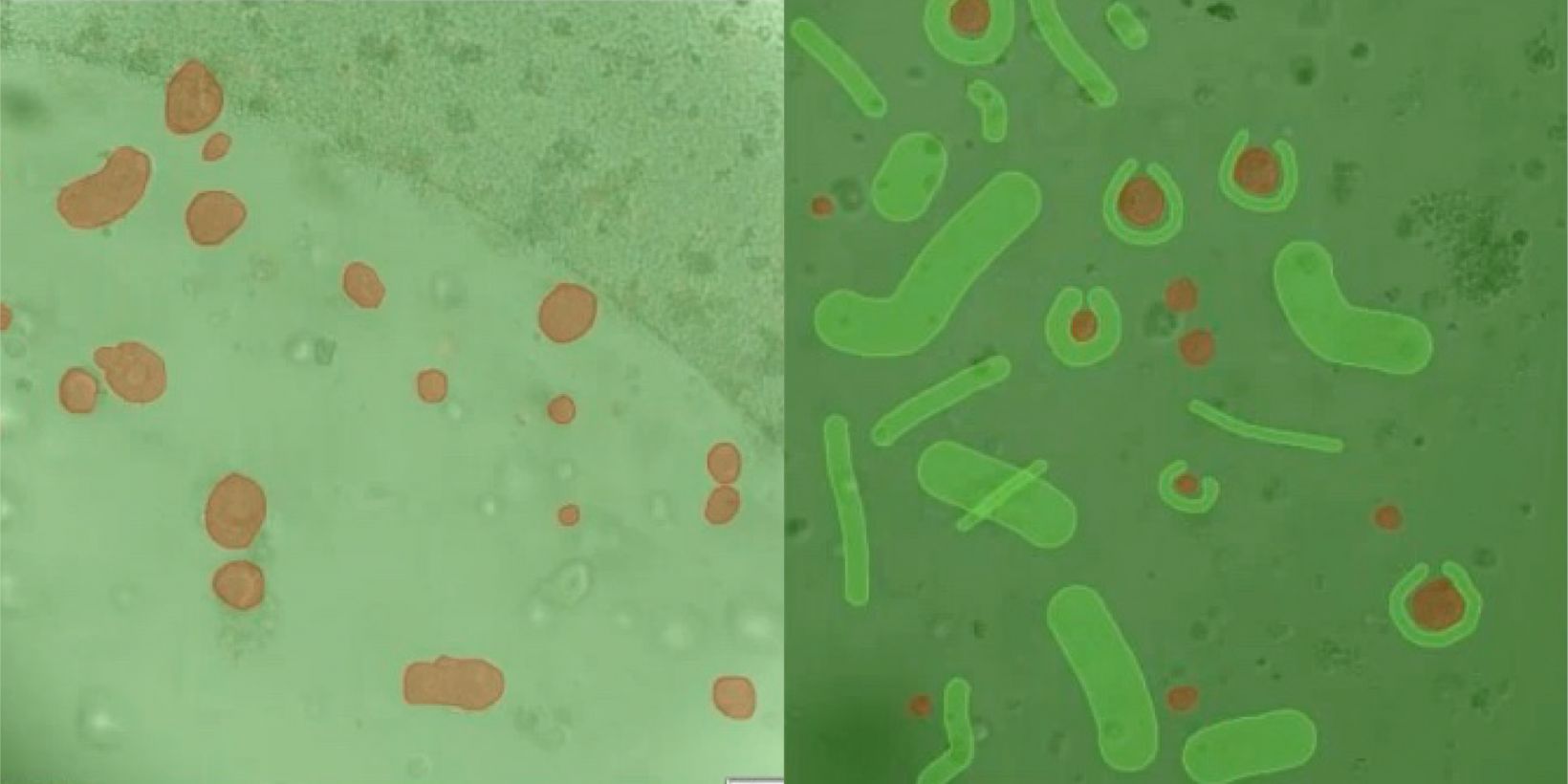Dr. Kasmira Wilson is a general surgeon and CSSANZ trainee, having previously completed a BSc(Hons) and MBBS. She is currently undertaking a PhD through the University of Melbourne at Peter MacCallum cancer centre which focuses on translational research in rectal cancer. Her research utilises tumouroid models to explore anti-tumour immunity in rectal cancer in a novel functional cytotoxic assay.
Globally colorectal cancer is a significant public health burden. It is the third most commonly diagnosed cancer and fourth leading cause of cancer related deaths in the world. A subset of patients diagnosed with rectal cancer require neoadjuvant chemoradiotherapy (NACRT) prior to surgery. However, there is a spectrum of response to this therapy with only 10-20% of patients achieving a complete pathological response. In addition, 20-40% of patients will demonstrate no response to this treatment. There is currently no method that predicts how a patient will respond to NACRT accurately. In order to investigate the mechanisms underpinning how patients respond to therapy, patient derived tumouroids have been utilised. These personalised in vitro three-dimensional tumour models recapitulate the in vivo tumour of origin genotypically. The Ramsay laboratory (Peter MacCallum, Melbourne) has successfully co-cultured patient-matched rectal cancer tumouroids with tumour infiltrating lymphocytes (TILS) in a novel in vitro assay, preliminary data generated suggests this assay has the ability to predict the response of a patient to treatment with NACRT prior to instigation of neo-adjuvant therapy. This assay provides a pre-clinical platform that encapsulates the hosts immune response toward their tumour. However, manual analysis of the data generated from this assay is time consuming and limits the clinical utility of this platform. Machine-based learning to develop artificial neural networks capable of analysing data produced from the killing assay has been developed to automate analysis. Automated analysis utilising artificial neural networks is a feasible approach to expedite the processing of data generated from the cytotoxic killing assays and will improve the clinical utility of this platform to direct personalised patient therapy.

